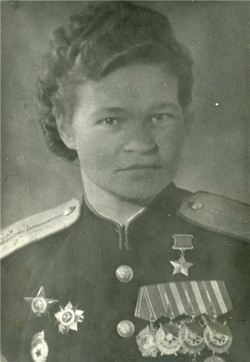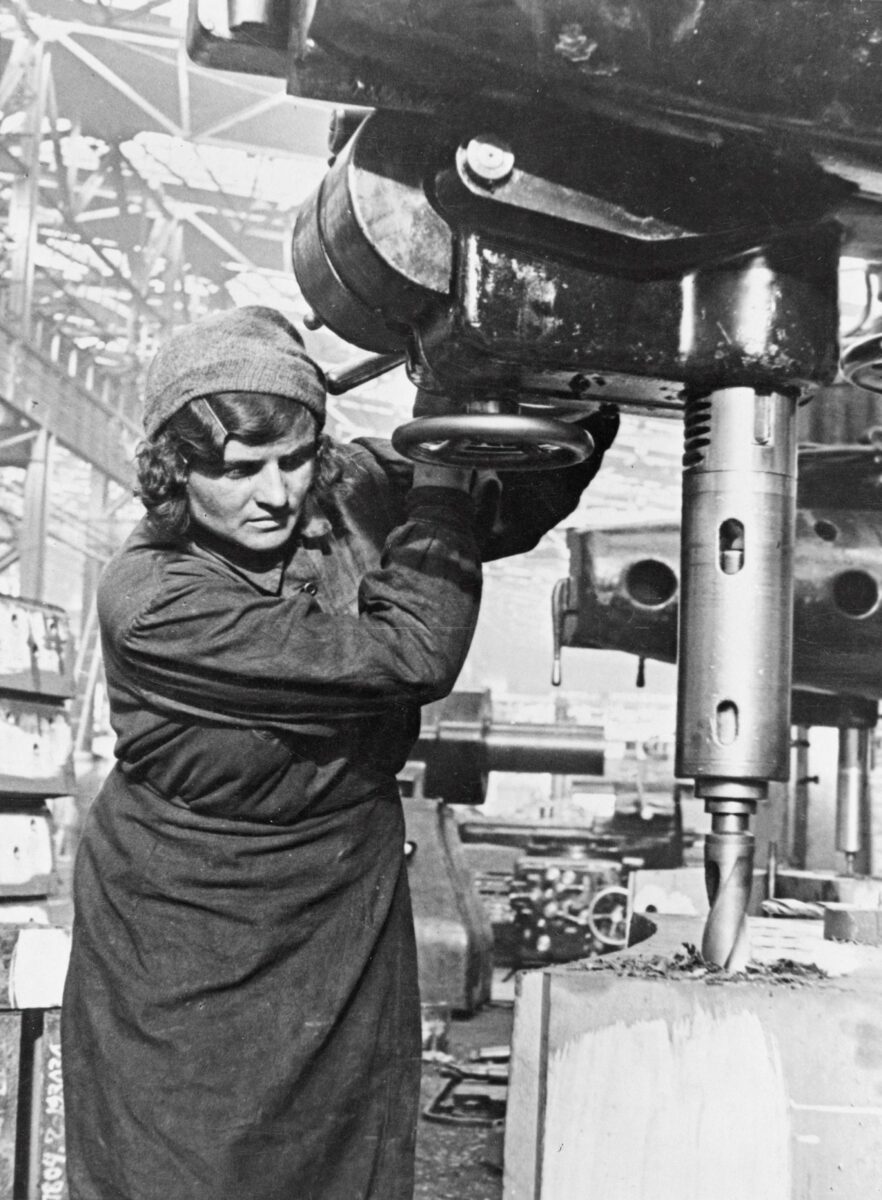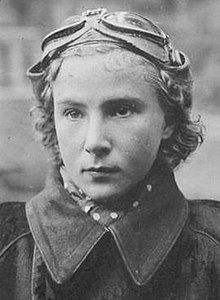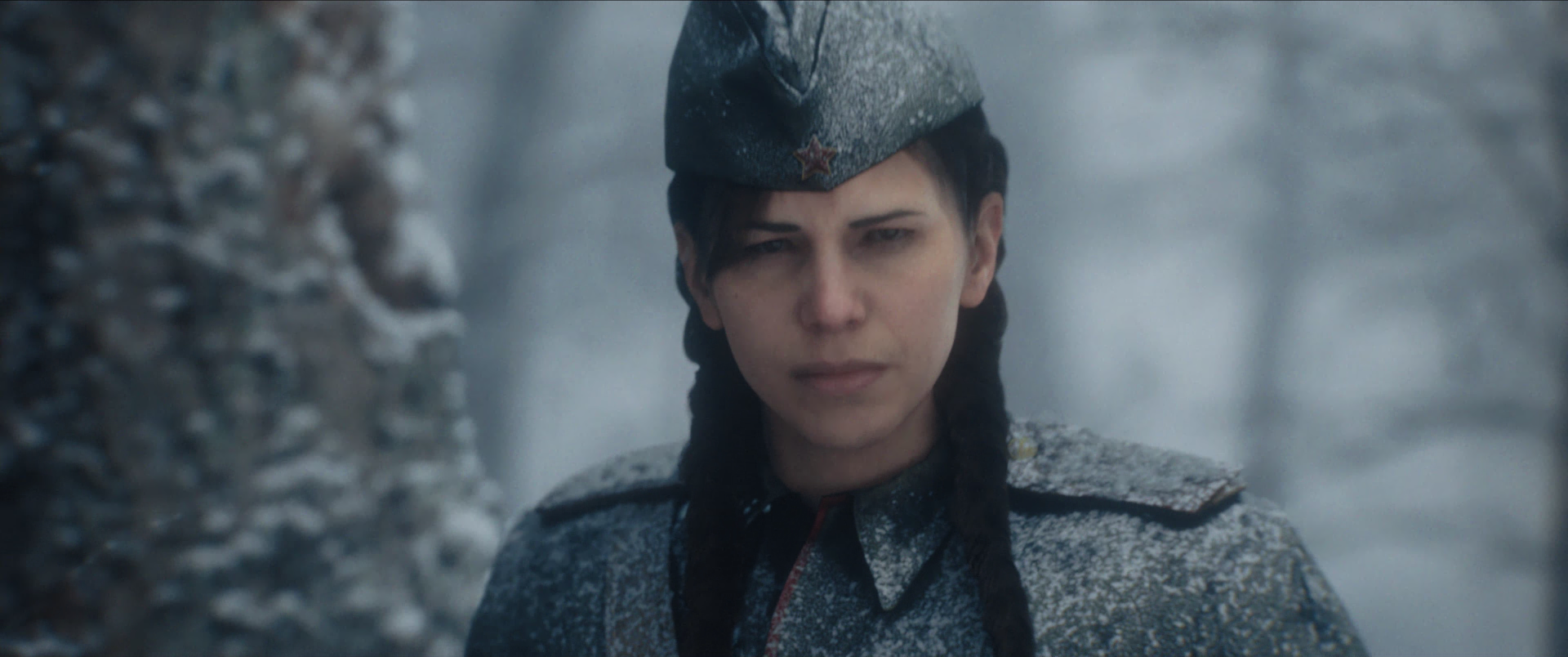
WOMEN AVIATORS
The Soviet Union was aviation crazy between the World Wars. Aviators, including all-female aircrews, were celebrities and Socialist folk heroes. Countless young women eagerly learned to fly. The Soviet constitution granted women "equal rights with men in all spheres of economic, state, cultural, social and political life," and across the Soviet Union, young women joined flying clubs, eager to follow in their heros' footsteps.
Despite a predictably sexist reception, many not only proved themselves capable but also became excellent pilots and even instructors. But in the thirties and forties, the dream of equality started to fade, as the Soviet Union enforced a rigid gender binary, both socially and legally. After 1934 deviation was literally illegal. It was widely understood that a woman’s obligation to have children was an essential component of political consciousness.
For women who fought, the perils were obvious. Everything they did defied society’s expectations of how a sane young woman should behave. Men not only doubted their ability and resented them, but had been taught that they were defying everything that made them good Communists. To be too masculine was to court derision, suspicion, and possibly even institutionalization for "lesbianism." To be too feminine was to demonstrate inherent unworthiness in the profession of arms, a hypermasculine arena with no tolerance for the "weakness" of traditional feminine values and approaches.
THE GREAT PURGE
Throughout the thirties, the totalitarian Soviet Union had been gripped by a paroxysm of paranoid madness and calculated violence known as the Great Purge. No one was safe from accusation, incrimination, and execution. Hundreds of thousands died, and the purges touched everyone. Every citizen was touched by the insanity, many personally. Everyone knew someone who was stripped of their party membership and job, imprisoned, executed, or disappeared. Outspoken intellectuals, the religiously devout, anyone out of step with Stalin’s brand of Communism were under intense, and often lethal, scrutiny.
One echo of the Great Purge was the political officer - the Politruk - who was a part of every Regiment. Answering to the dreaded NKVD secret police, the Politruk was always alert for spies and wreckers, even finding them where none existed. In many ways, their own totalitarian state was as big a threat to the women of the 588th as the Germans were.
GERMAN INVASION
The military officer’s corps was especially hard-hit by the Great Purge. Three of five Marshals of the Soviet Union were purged, and the officer corps was trimmed down through bureaucratic terror at every level.
When Germany invaded on June 22, 1941, it faced a gutted, demoralized, inexperienced Soviet force. Several million German troops launched a massive attack that Stalin had stubbornly refused to prepare for.
Hitler made plans for a parade through Moscow in August. At first, things went very well for the invaders. The Soviet forward air bases, along with their planes on the ground, were demolished, assuring the Germans air superiority. Hundreds of thousands of Soviet troops were enveloped by German armor and mopped up by Wehrmacht infantry. Across a battlefield that stretched from Estonia to the Black Sea, the Red Army was in full retreat, battered, confused, and demoralized.
1941 - OCTOBER-DECEMBER
The call goes out for experienced female aviators to form three new Regiments. Two will be well-funded and equipped with the latest Soviet aircraft. The third will be the 588th.
The siege of Leningrad begins on 8 September 1941.
1942 - JANUARY
Volunteers begin to arrive in Saratov, to be greeted by Marina Roskova, onf of the famous female pilots and navigators who was made a Hero of the Soviet Union in 1938 when they smashed a distance record aboard the experimental aircraft Rodina.
The Battle of Moscow has been won and the nazis kept from conquering the city!, but the offensive halts in 7 January 1942 due to low army reserves.
Training stations are in green, German targets in red and Dasha Bobkova's hometown (under occupation) in blue












